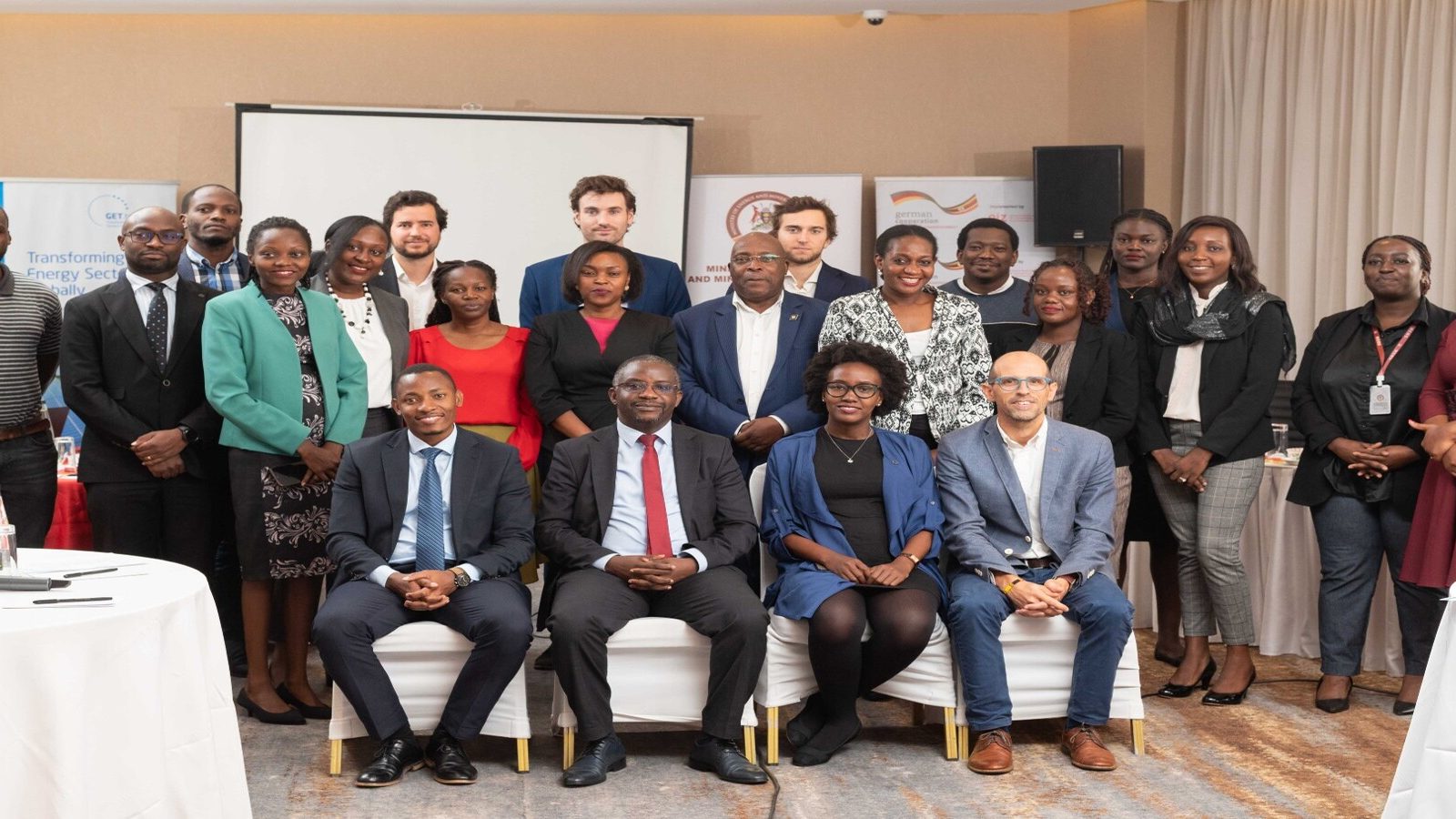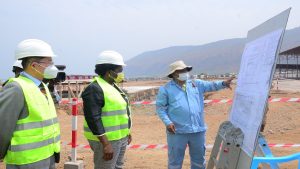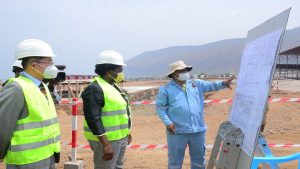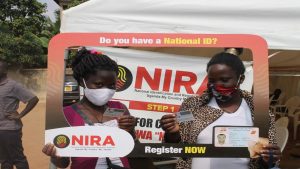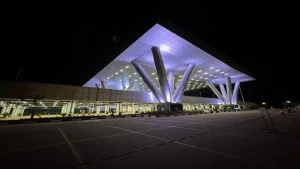Share
The German Agency for International Cooperation (GIZ) and the Electricity Regulatory Authority (ERA) have inked a memorandum of understanding to further the development of mini-grids as a means of attaining universal access to sustainable energy by 2030. On Tuesday, at ERA House in Kampala, the two agencies signed a memorandum.
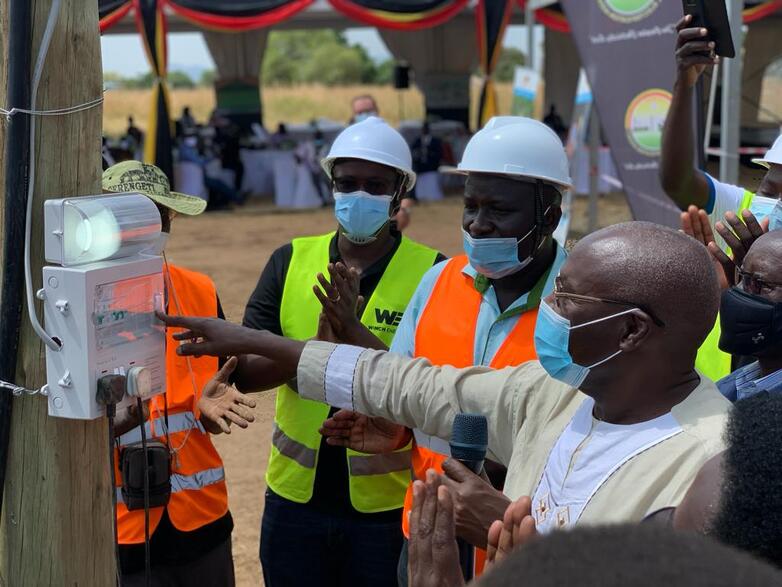
One of the main areas of cooperation is that ERA and GIZ will work together to create a customized framework that aims to lower the risk and expense of building distributed generation facilities and mini grids in high-demand regions of the nation. We are well aware that, given our current patterns of settlement, it is not financially feasible to expand the national grid to every area of the nation. The ERA chief executive officer, Eng. Ziria Waako, stated on Tuesday, “We believe that the low-hanging fruit in some areas are leveraging the advantages of distributed generation facilities to ensure that we deliver clean energy to our populace.”
She clarified that a periodic national cost of service analysis will be carried out, with the aim of examining affordability, efficiency, smart grids, and technological modernization. About 60% of Ugandan households have access to clean energy, but just 22% make use of the country’s system, according to Waako. The other 38% rely on off-grid options such as rooftop solar panels, mini-grids, solar lanterns, and residential solar power systems. Waako is hopeful that by 2030, all people will have access to power thanks to the new accord. For the past fifteen years, GIZ has been one of Uganda’s development partners in the energy industry.
